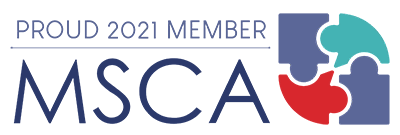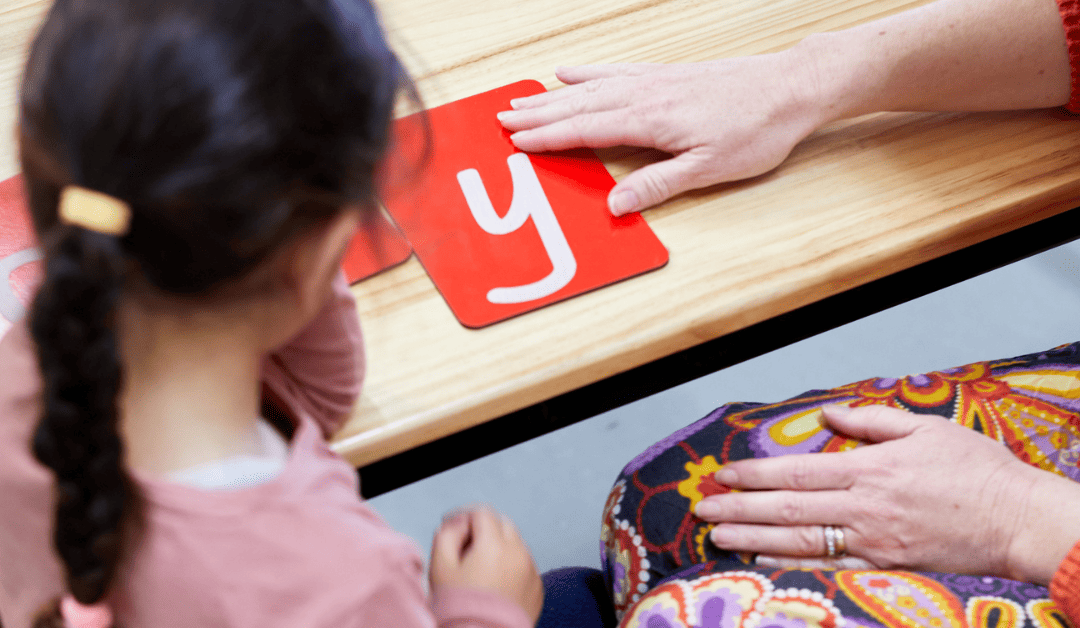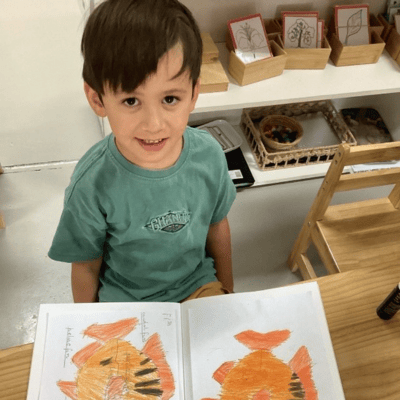 | The purpose of Zoology in the Montessori curriculum is to teach children to observe the world around them. Learning about the natural world offers the individual child endless opportunities to engage with a variety of Zoology and Botany learning materials such as puzzles. Children expand their vocabulary as they learn specific scientific terminology for each organism and parts of its body. As the child continues to trace and colour, they build hand strength and pencil control when maneuvering and orientating the puzzle pieces on the paper. |
| Practical Life skills boost independence, confidence, eye-hand coordination and brain development. Providing children with opportunities to achieve success and try things by themselves in a Montessori classroom is triumphant in itself. Such achievements are important for a child without having to rely on adults to constantly do things for them. Every time a child holds something they are looking at, they strengthen the link to what they are seeing, holding and touching, which enriches eye-hand coordination. The use of tools such as kitchen tongs is a fun and practical way to boost fine motor skill development. | 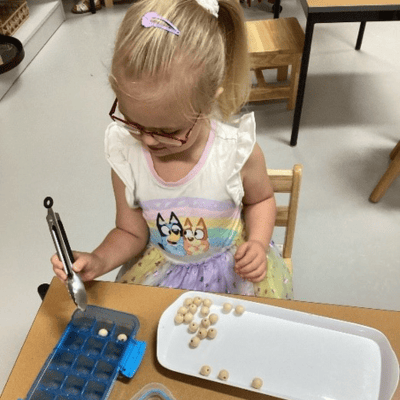 |
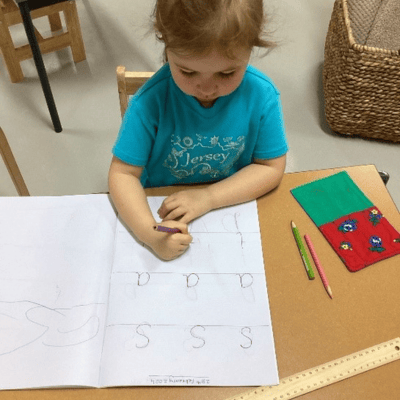 | Speech, Language and Early Writing Sounds learnt when practising with the Montessori Sandpaper materials encourage the child to learn letter names, recognition and vocabulary. Learning letter sounds the Montessori way uses a unique approach and technique and it supports early writing as well. The child practices to feel the letter shape on texturised touch boards. In doing so, they make hand-brainconnections to remember individual sound patterns whilst saying the sound. Writing is another form to help children practice fine motor skills as they form these sounds in a variety of ways, for example in the individual child’s personal book. Early writing acts as an inspiration and prepares the child for future |
